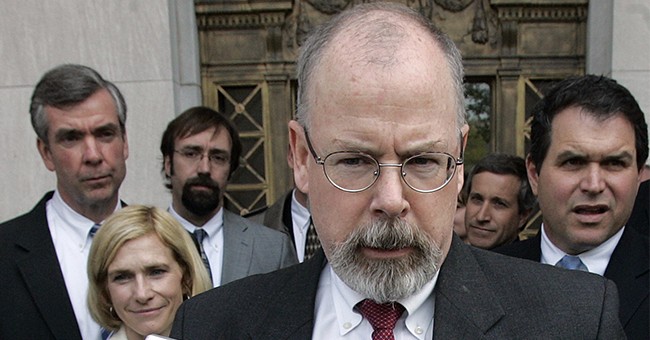
Yesterday I wrote my “hot take” story on the filing of a criminal information against former FBI Attorney Kevin Clinesmith with regard to his having altered the wording of an email he received from a CIA Liason. The email confirmed that Carter Page had been a source for the CIA during the period 2008 to 2013 and that he had reported to the CIA contacts he had with suspected Russian intelligence officers. Before passing along the information and email to a Supervisory Special Agent (SSA) who was preparing to sign the Third Extension Application on the Page FISA warrant, Clinesmith altered the text of the email that had been sent it to the SSA so that it read the exact opposite of what the CIA Liason had said.
Earlier today I did a follow-up story that looked closely at how the Inspector General’s Report had described Clinesmith’s conduct — without naming him — and then looking at how the Information described that same conduct in terms of the criminal charge. In that story, I said it was unusual to have an Information filed which initiates a case in federal court, but not have the Plea Agreement filed at the same time. I speculated that it might have had something to do with the fact that the case was assigned via a computer program to Judge James Boasberg, who is also now the Chief Judge of the FISC — the Court misled by Clinesmith’s conduct, among other things — and that it is unlikely Judge Boasberg will remain in the case. I thought the failure to file the Plea Agreement might have something to do with waiting for the case to be reassigned. But when I saw the full text of comments made by Clinesmith’s attorney after the Information was filed, I have suspicions now that the Parties are still talking about a guilty plea, and are not yet firm on that outcome.
Just to recap again what it is Clinesmith is alleged to have done with regard to the Carter Page FISA, recall that Clinesmith was tasked with nailing down an important question that had become less certain over time — whether Carter Page was a source of information for the CIA. Clinesmith exchanged a couple of email communications with someone at the CIA assigned to work with him to get an answer. The CIA Liason emailed to Clinesmith “my recollection is that [Page] was or is ….”. Clinesmith copied that message into a new message that he could edit, and changed it to read “my recollection is that [Page] was or is … and not a source….” Those four words were added as if they had been written by the CIA Liason to him in the email he received — he made it look like that was the CIA’s answer on the question, not Clinesmith’s input or opinion based on what the CIA told him.
Clinesmith had been tasked by the SSA to contact the CIA Liason for the express purpose of finding out if Page was a CIA source, as Page had claimed that to be the case in interviews with the press after his identity and the existence of a FISA warrant on him has been leaked to the press. In response to his public statements that he had worked with the CIA, the Agent had specifically tasked Clinesmith to contact the CIA and get a definitive answer on the question. There is simply no question that Clinesmith knew the nature of his answer had to be “Yes” or “No” in order to address the SSA’s concerns about what needed to go into the FISA renewal application in order to make it accurate.
The answer Clinesmith received back from the CIA was “Yes”. Clinesmith then altered the email he received back so that the answer was “No,” and he forwarded that to the SSA.
After the Information was publicly filed yesterday, Clinesmith’s attorney made public comments based on the allegations. I don’t know if he was responding to questions orally or if the statements attributed to him were in a press release. But the comment I have read from Justin Shur states as follows:
“Kevin deeply regrets having altered the email,” Mr Clinesmith’s attorney Justin Shur said in a statement. “It was never his intent to mislead the court or his colleagues as he believed the information he relayed was accurate. But Kevin understands what he did was wrong and accepts responsibility.”
Clinesmith’s attorney is Justin Shur. Shur is a 2007 graduate of Emory University School of Law. The information I have been able to uncover is that from 2008 to 2013 he was employed by the US Department of Justice, and during some portion of that time, he was the Deputy Chief of the Public Integrity Section of the Criminal Division. If the statement attributed to him was written in a press release, that is meaningful and it was deliberate. The question is why?
Clinesmith is charged with a violation 18 U.S.C. Sec. 1001(a)(3). The statute reads:
(a)Except as otherwise provided in this section, whoever, in any matter within the jurisdiction of the executive, legislative, or judicial branch of the Government of the United States, knowingly and willfully—
(3) makes or uses any false writing or document knowing the same to contain any materially false, fictitious, or fraudulent statement or entry…
The indictment charges the defendant with making or using a false writing knowing it to contain any false, fictitious, or fraudulent statement or entry. In order for you to find the defendant guilty of this charge, the government must prove each the following elements beyond a reasonable doubt:1. The defendant made or used a false writing; and
2. The defendant knew the writing contained a false, fictitious, or fraudulent statement; and
3. The false, fictitious, or fraudulent statement was material; and
4. The defendant made or used the writing knowingly and willfully; and
5. The defendant made or used the writing in a matter within the jurisdiction of the executiveor judicial branch of the government of the United States.A person acts “knowingly if he realizes what he is doing and is aware of the nature of his conduct, and does not act through ignorance, mistake, or accident.A statement is false or fictitious if it was untrue when made.A statement is fraudulent if it is made with intent to deceive.A statement is material if it is capable of influencing the actions of the government body or agency. The government is not required to prove that the statement actually influenced the actions of the [body or agency.A person acts willfully if he acts voluntarily and intentionally, and with the intent to do something the law forbids.
The statement by Clinesmith’s attorney that he never “intended to mislead” the court or FBI colleagues, and he “believed the information he relayed was accurate” are both inconsistent with the elements of “knowingly” and “wilfully” having made and used a “false” or “fraudulent” writing. To enter a guilty plea, Clinesmith must admit to facts which established each of those elements to be true.
The “false writing” is the email he forwarded after he added words to change its meaning.
If he “believed the information he relayed was accurate,” then he cannot admit that he “knew the writing contained a false, fictitious or fraudulent statement” — his lawyer just said he thought he communicated accurate information, not “false, fictitious, or fraudulent” information.
If he didn’t intend to deceive the Court or his colleagues, why insert four-word that change the meaning of the email recieved from the CIA? He could have just as easily attached his view as his own thoughts. Had he said that he – Kevin Clinesmith — didn’t believe Page was a source based on the information supplied by the CIA, that would not have been a “False Statement” — it would have been an incorrect conclusion.
But that is not what he did. He created a statement FROM the CIA which said something different from what the CIA actually said. To claim he didn’t “intend to deceive” the people he sent the email to is to deny reality.
The federal judge accepting a guilty plea must go through each of the necessary factual findings with a defendant orally and on the record. The defendant must explain his actions, and must affirm that he did them “knowingly” and “willfully”.
Clinesmith’s attorney made a public statement that he said reflects Clinesmith’s view today — that he lacked intent to deceive, and that he believed his writing — the email he transmitted — was accurate when it was sent.
That statement is not consistent with a guilty plea to a Section 1001 charge. This may be why there was no hearing yesterday, and why no Plea Agreement outlining the facts admitted to by Clinesmith has not been filed. If this is not resolved in a manner that satisfies a federal judge, Durham may have no choice but to seek an indictment of Clinesmith from a federal jury — and there are more serious charges he could bring.
It will be interesting to see where this goes.
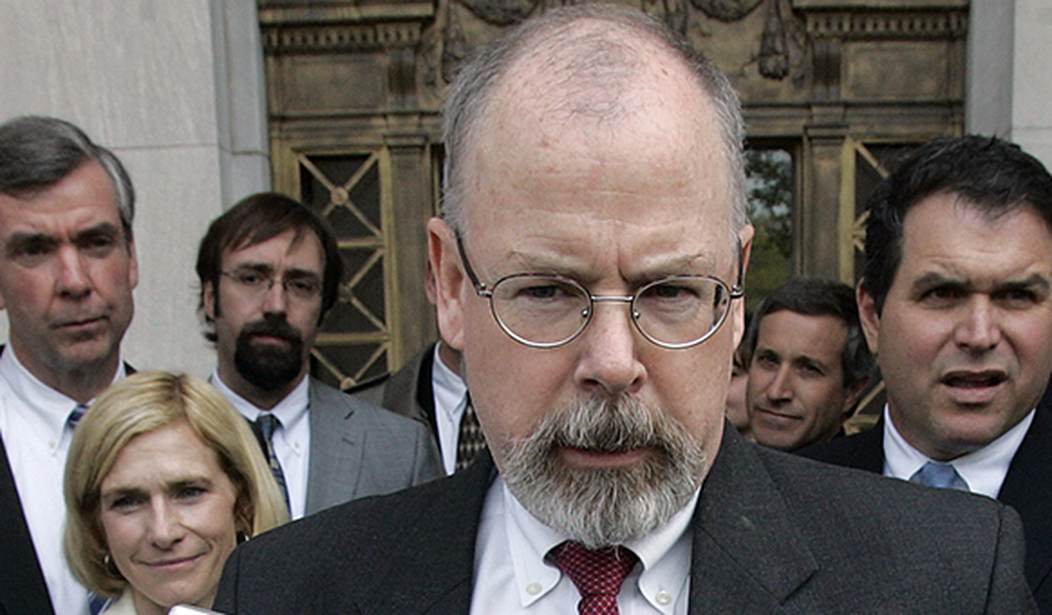




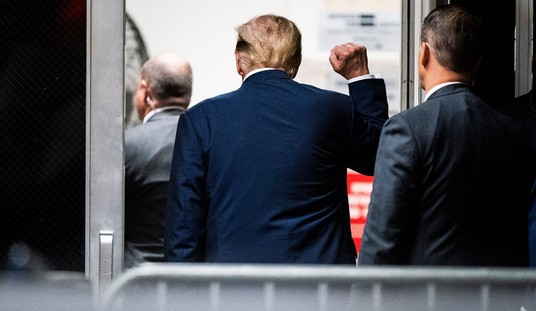

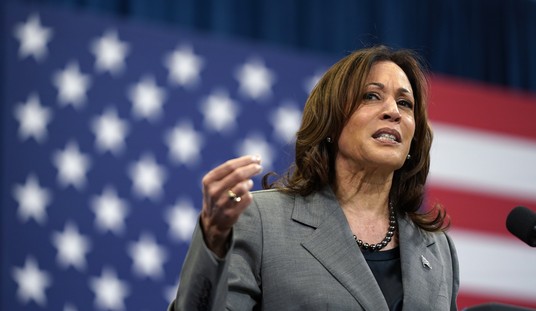



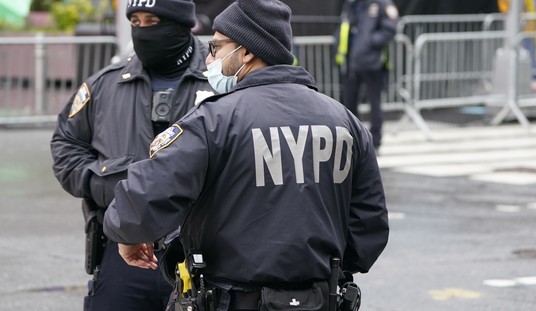
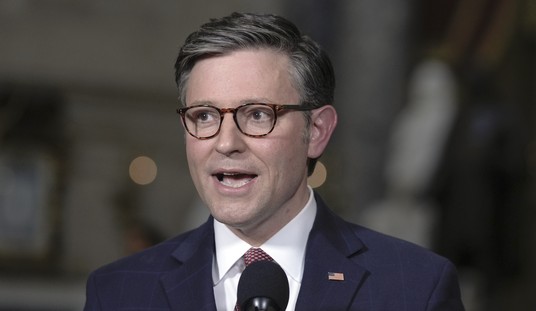

Join the conversation as a VIP Member